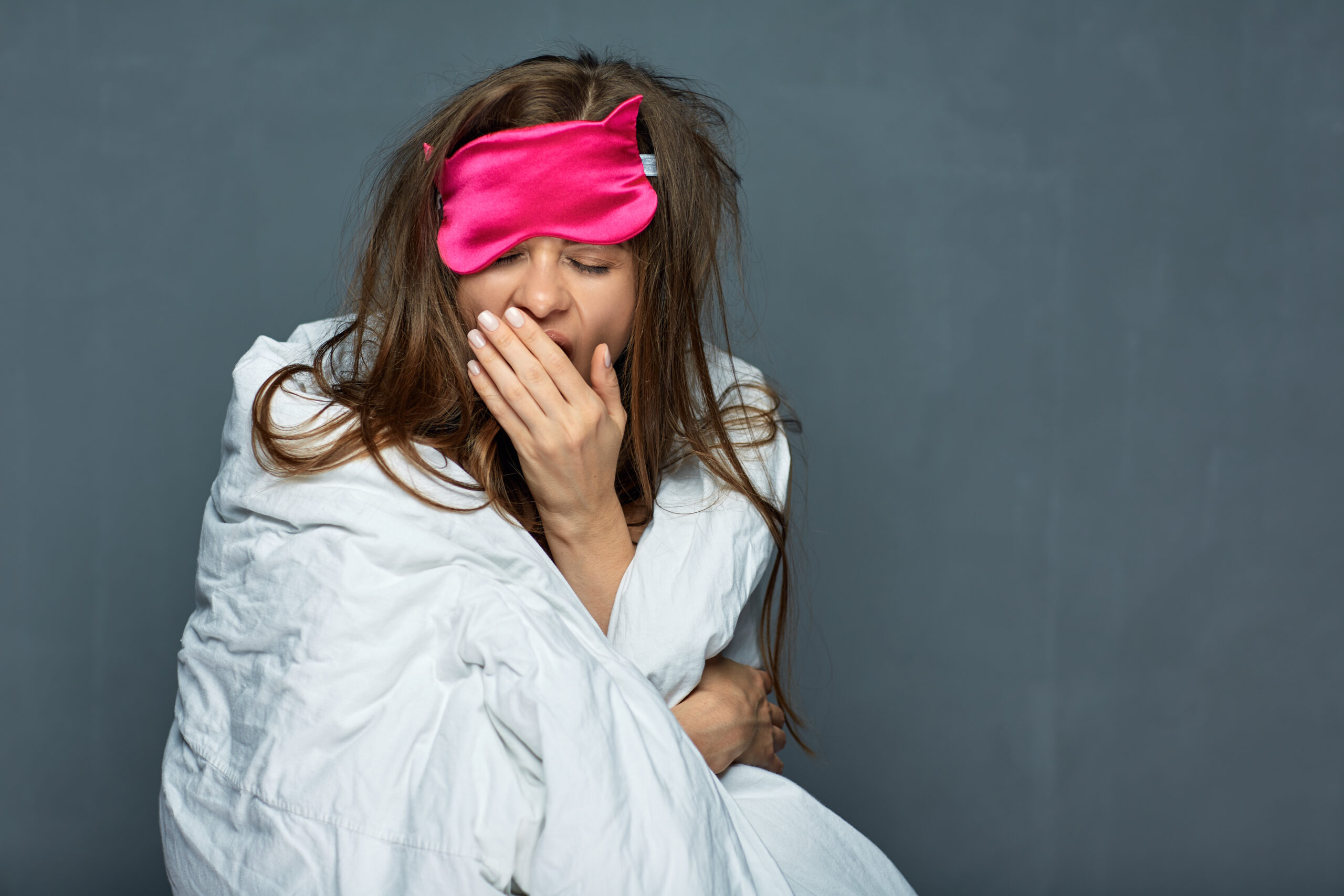A groundbreaking study reveals how modern weekend lifestyle habits are creating a dangerous new sleep disorder pattern that threatens millions of Americans’ health and productivity.
Story Snapshot
- Flinders University study coins “social apnea” – weekend habits worsening sleep disorder symptoms by 18%
- Late nights, alcohol consumption, and sleeping in increased sleep apnea risk by 47% on weekends
- Over 70,000 people worldwide affected, with men under 60 showing highest vulnerability rates
- Weekend CPAP therapy skipping and irregular sleep schedules undermine traditional medical treatments
Weekend Behaviors Drive Sleep Crisis
Flinders University researchers analyzed data from over 70,000 individuals worldwide to identify a disturbing trend they’ve labeled “social apnea.” The comprehensive 2025 study demonstrates that obstructive sleep apnea symptoms spike dramatically on weekends due to lifestyle choices. Late-night socializing, increased alcohol consumption, extended sleep-ins, and reduced adherence to CPAP therapy create a perfect storm for respiratory disruption. This behavioral pattern affects both diagnosed and undiagnosed individuals, with weekend symptoms showing an 18% increase in moderate to severe cases compared to weekdays.
Watch;
The research reveals that sleeping in for just 45 minutes or more on weekends increases sleep apnea risk by 47%. Men under 60 face the highest vulnerability, though the phenomenon affects all demographics. Weekend alcohol consumption compounds the problem by relaxing throat muscles and disrupting natural sleep architecture. These findings challenge traditional medical approaches that focus solely on physiological factors while ignoring behavioral contributors to sleep disorder severity.
Health Consequences Extend Beyond Sleep
Social apnea triggers immediate health impacts including severe daytime sleepiness, impaired cognitive function, and mood disruptions that affect work performance and family relationships. Sleep specialists report patients experiencing increased accidents, reduced focus, and communication difficulties following weekend sleep disruptions. The irregular sleep patterns create “social jetlag,” where the body’s circadian rhythms become confused by inconsistent weekend schedules. This disruption affects hormone regulation, particularly leptin and ghrelin, which control appetite and metabolism.
Long-term implications pose serious threats to cardiovascular health, metabolic function, and mental well-being. Chronic sleep disruption from weekend habits can lead to weight gain, further exacerbating obstructive sleep apnea symptoms in a dangerous cycle. Healthcare providers warn that untreated social apnea increases risks for heart disease, diabetes, and depression. The economic burden includes increased healthcare costs, reduced workplace productivity, and higher accident rates, affecting both individual families and broader communities.
Expert Recommendations for Sleep Discipline
Psychotherapist Heather Darwall-Smith highlights how disrupted sleep patterns damage relationships and emotional regulation, while sleep specialist Lindsey Hanna stresses the need for predictable routines to support circadian health. Experts recommend limiting alcohol consumption, particularly in evening hours, and maintaining CPAP therapy adherence even during social occasions. These lifestyle modifications require discipline but offer significant improvements in sleep quality and overall health outcomes.
The findings represent a shift in sleep medicine toward addressing behavioral factors alongside traditional medical treatments. Healthcare providers now recognize that successful sleep apnea management requires patient education about weekend habits and their consequences. This comprehensive approach combines medical interventions like CPAP therapy with lifestyle counseling focused on consistent sleep hygiene practices. The research underscores how personal choices and social behaviors directly impact health outcomes, reinforcing the importance of individual responsibility in managing chronic conditions.
Sources:
Sleep Foundation – Obstructive Sleep Apnea
Mayo Clinic – Obstructive Sleep Apnea Symptoms and Causes
Houston ENT – Sleep Apnea Treatment Options
Mayo Clinic – Sleep Apnea Overview













